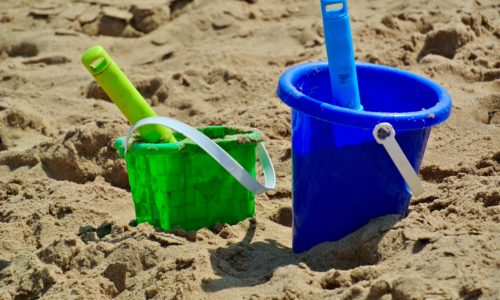It was the end of a full day. Thirty guests from as far as Thailand and England had been with us since 7am for their orientation as new Acton Academy owners.
Part of their “drinking from the firehose” orientation was attending the middle school and Launchpad (high school) public Exhibitions of Learning – hearing speeches, reading essays and discussing with Eagles the Behavioral Economics theories and experiments documented on their display boards.
But now we sat with our guests alone in the quiet studio. The Eagles had left for the day and it was time to share reflections and bid farewell.
What surprised them about observing the Eagles at work?
One of the owners, Anna, quickly said, “Where is the teenage angst?”
What she witnessed in our middle school and Launchpad was something vastly different from what people expect to see in most groups of teenagers in school today: evidence of opioid addiction, anxiety and depression. Instead, she saw young people who were engaged in their work and clearly supportive of each other.
Another guest, a noted educator in the U.K., continued his reflection in an email we received later that evening. He wrote:
“As the Behavioural Economics exhibition was drawing to a close, I noted three Eagles engaged in a heated conversation outside. Joining them, I was surprised to hear that they were continuing to debate the ethics of pricing water in an emergency situation – a debate that had been boiling for a good 15 minutes. Though passions were raised, the to-ing and fro-ing was informed to a high level; point and counterpoint was expertly and eloquently made. I tried to chime in with some of my own points, but quickly found that I couldn’t keep up. And then I realised these were 13-year olds; 13-year olds equipped with the facts and not only able to debate them but to listen and adapt to each other’s evolving position.
“For a father of a near fairly typical mono-syllabic 15-year old boy, it proved a seminal moment. Though my son is recipient of what is widely regarded as a world class education at one of the UK’s top private schools, there is simply no opportunity for him to develop the types of skills on display at the exhibition and afterwards – no real world platform dedicated to applying all the knowledge they’ve acquired in a real life setting.
“There is a growing and influential body of educators in the UK deep diving into the transformational power of oracy in the classroom. Confidence in speaking is, by all accounts, key to success not only at school but in career, too.” (Thank you, Sam Rogerson, for sharing.)
I would venture to connect these two ideas: I’d say confidence in speaking lights an inner fire of general confidence in oneself and this is a weapon against angst.
Finding one’s voice is one of the outcomes of the journey at Acton. While our teenagers are not immune to the stresses of life in their complex worlds, I feel a deep sense of peace when I witness my sons and their fellow Eagles confidently growing into who they were born to be with fresh voices the world will hear. And none too soon.


